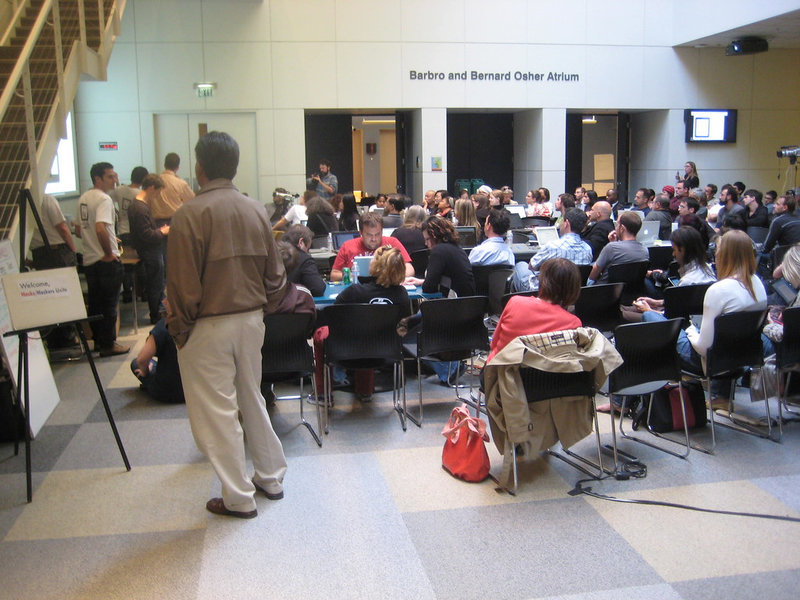KQED's Survival Struggle: How Bay Area's Beloved Media Outlet Fights for Its Future

Photo by TimShoesUntied | License
The San Francisco Bay Area’s iconic public media station KQED is facing its most challenging moment in 71 years, with significant staff reductions and financial uncertainty looming. The nonprofit organization is preparing to lay off 45 employees and has already experienced substantial budget cuts, signaling a critical period for local public broadcasting.
The station’s financial challenges stem from multiple sources, including potential federal funding cuts, declining corporate sponsorships, and challenging market conditions. In a recent statement, KQED acknowledged the “difficult moment” they’re experiencing, highlighting concurrent attempts to eliminate or impair federal funding for public media.
These layoffs represent a profound shift for the Bay Area media landscape, affecting employees across all organizational levels - from top executives to custodial staff. In addition to the 45 involuntary job cuts, 12 employees have accepted voluntary departure packages. The organization is also implementing austere measures like freezing retirement contributions and halting pay raises.
Despite these challenges, KQED remains optimistic. The current downsizing plan projects eliminating their $12 million deficit within approximately 14 months. The station, which boasts some of the highest ratings among public TV and radio stations nationally, has weathered significant challenges throughout its 62-year history.
The potential funding cuts, particularly those proposed during the current political administration, pose significant threats to public media institutions. The U.S. Senate is considering rescinding $1.1 billion from NPR and PBS, a move that could dramatically impact independent media’s ability to serve local communities.
For Bay Area residents who have long relied on KQED for comprehensive news and cultural programming, these developments represent more than just corporate restructuring - they symbolize a potential transformation of local media ecosystems. The station’s ability to adapt and survive will be crucial in maintaining diverse, independent media voices in the region.
As KQED navigates these turbulent waters, the community’s support will be paramount in determining its future trajectory. The coming months will be critical in understanding whether this legendary Bay Area institution can successfully chart a path through its current financial challenges.
AUTHOR: kg
SOURCE: SFist
























































